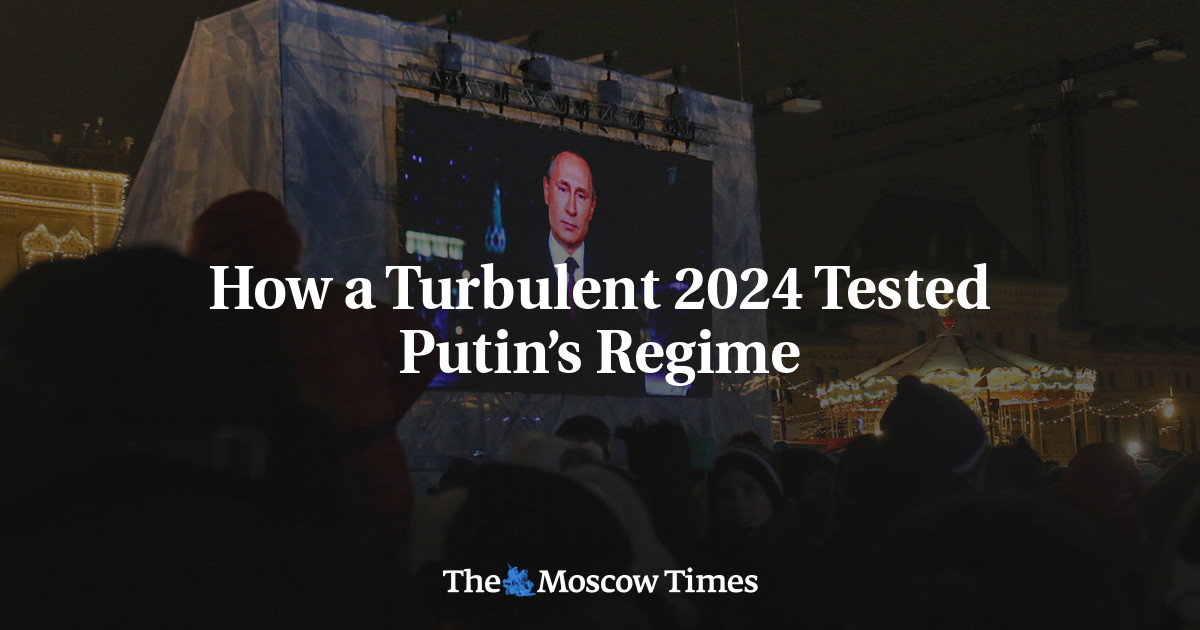President Joe Biden has lifted restrictions on Ukraine using weapons supplied by the United States against targets on Russian territory, but only to defend the under-fire Kharkiv region, U.S. officials said Thursday.
Biden has come under increasing pressure from a desperate Ukraine to ease his ban but had so far resisted amid fears it could drag NATO into direct conflict with Moscow.
"The president recently directed his team to ensure that Ukraine is able to use U.S.-supplied weapons for counter-fire purposes in the Kharkiv region so Ukraine can hit back against Russian forces that are attacking them or preparing to attack them," a U.S. official said on condition of anonymity.
"Our policy with respect to prohibiting the use of ATACMS or long-range strikes inside of Russia has not changed," the official said, referring to long-range missiles recently sent by Washington to Kyiv.
A second U.S. official confirmed Biden's change of policy.
Ukrainian President Volodymyr Zelensky has been pressing Kyiv's supporters — chiefly the United States — to allow it to use the longer-range weaponry they supply to hit targets on Russian soil.
Some countries including Britain and the Netherlands say Kyiv has the right to use their weapons to strike military targets in Russia.
U.S. Secretary of State Antony Blinken had hinted on Wednesday that Biden could change course.
Blinken said the United States had "adapted and adjusted" as the "battlefield has changed," as he spoke to reporters on a visit to Moldova on the eve of NATO talks in Prague.
Blinken, who traveled to Kyiv earlier this month to see the increasingly grave situation as Russia pushes forward towards Kharkiv, had been widely reported to be pressing Biden to ease the rules.
Ahead of the NATO meeting, which starts with a dinner on Thursday, alliance chief Jens Stoltenberg said repeatedly it was time for members to reconsider those limits because they hampered Kyiv's ability to defend itself.
French President Emmanuel Macron appeared to shift the dial forward on Tuesday when he said Ukraine should be allowed to "neutralize" bases in Russia used to launch strikes.
German Chancellor Olaf Scholz, however, remained less sure, saying Ukraine should act within the law — and Berlin had not supplied weapons that could hit Russia anyway.
Pressure has also been mounting ahead of a series of key meetings in Europe in the coming weeks where Kyiv's plight will be in focus.
Biden will attend ceremonies in France marking the World War II D-Day landings in early June where Ukraine's Zelensky will also be present.
The U.S. president will also meet leaders of the world's top economies at the G7 summit in Italy.
… we have a small favor to ask. As you may have heard, The Moscow Times, an independent news source for over 30 years, has been unjustly branded as a "foreign agent" by the Russian government. This blatant attempt to silence our voice is a direct assault on the integrity of journalism and the values we hold dear.
We, the journalists of The Moscow Times, refuse to be silenced. Our commitment to providing accurate and unbiased reporting on Russia remains unshaken. But we need your help to continue our critical mission.
Your support, no matter how small, makes a world of difference. If you can, please support us monthly starting from just $2. It's quick to set up, and you can be confident that you're making a significant impact every month by supporting open, independent journalism. Thank you.
Continue
![]()
Not ready to support today?
Remind me later.
 (1).png)
 7 months ago
16
7 months ago
16













